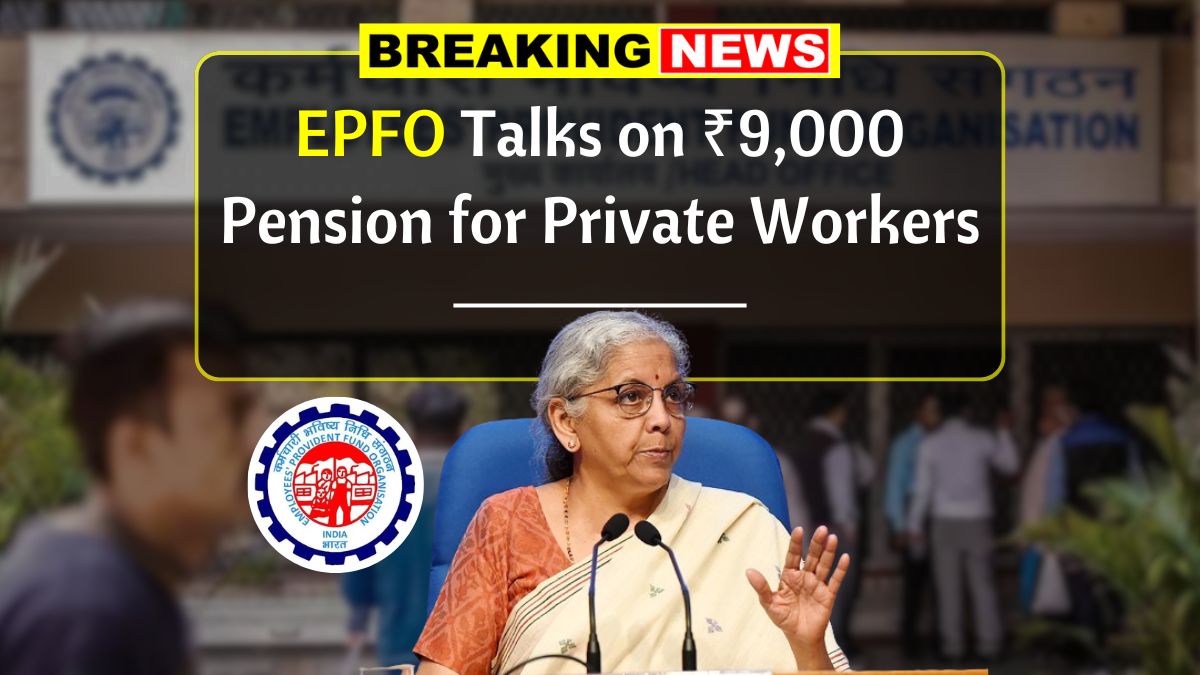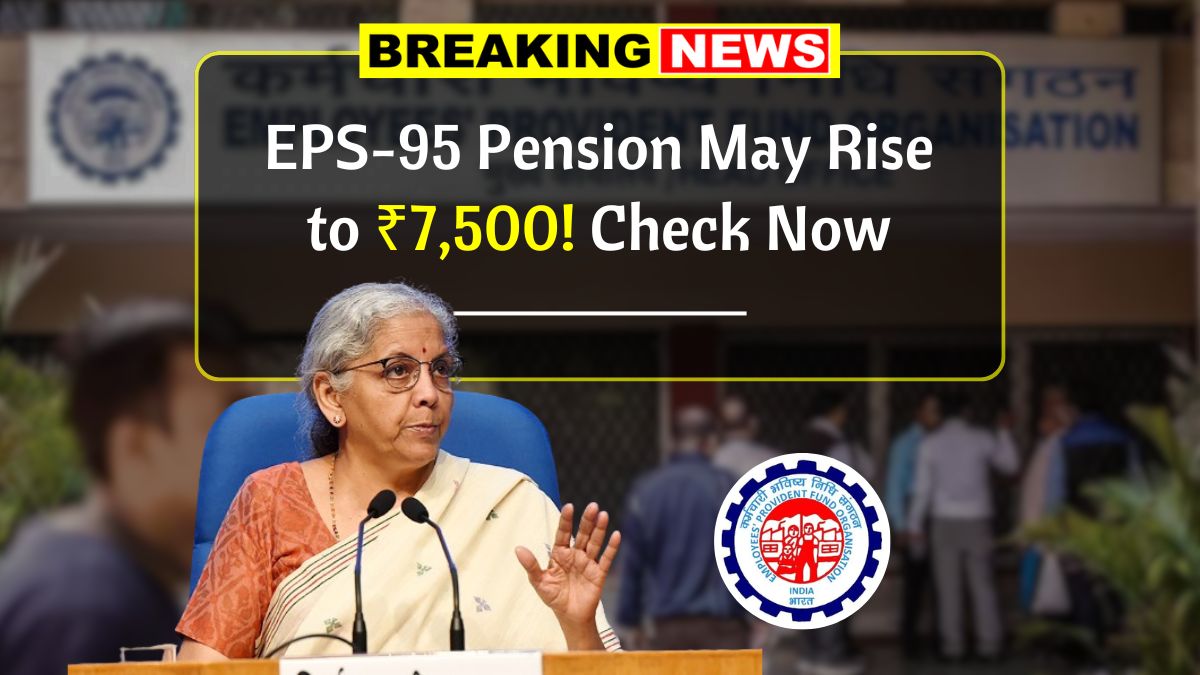Land Registration – If you’re thinking about buying land or property, you’re in for a pleasant surprise. Starting June 15, the Government of India is slashing land registration fees across the board — and get this — you’ll only need to pay less than ₹100 for registering your land. Yes, you read that right! This is a game-changer for millions of Indians, especially first-time property buyers and those living in rural areas.
Let’s break down everything you need to know in simple, everyday language.
What’s Changing and Why It Matters
Until now, registering a piece of land could cost you anywhere between ₹200 to ₹1,000 or even more, depending on the type of land and your location. For many, especially in small towns and villages, these charges acted as a hurdle. People either delayed registration or skipped it altogether.
But now, thanks to the government’s new policy, registration fees will be capped under ₹100 for every type of land. That includes:
- Residential plots
- Agricultural land
- Commercial property
- Urban and rural lands
- Even industrial land
This move is meant to boost transparency, cut down on black money, and encourage formal documentation of land ownership. It’s also expected to rev up the real estate sector, particularly in developing areas.
Quick Comparison: Old vs New Fees
Here’s a side-by-side look to show just how much you’ll save:
| Land Type | Old Fee (₹) | New Fee (₹) | % Reduction |
|---|---|---|---|
| Residential Land | 500 | 99 | 80% |
| Agricultural Land | 300 | 75 | 75% |
| Commercial Property | 1000 | 95 | 90.5% |
| Mixed Use | 750 | 85 | 88.7% |
| Rural Land | 200 | 50 | 75% |
| Urban Land | 550 | 99 | 82% |
No matter what kind of property you’re looking to register, you’re going to save big under the new system.
How to Register Land Under the New Rules
Getting your land registered is going to be simpler, faster, and cheaper than ever before. Here’s what you need to do:
- Collect Your Documents
Keep your sale deed, identity proof, address proof, and land ownership documents ready. - Legal Consultation
Optional, but a quick chat with a property lawyer can help you avoid mistakes. - Apply Online
Visit your state’s official land registration website or DigiLocker portal. - Pay Fees
The new fees can be paid online via UPI, net banking, or credit/debit card. - Schedule an Appointment
Some states might ask for a physical verification or in-person meeting at the local registrar’s office. - Verification and Submission
Your documents will be checked and submitted digitally or at the office. - Receive Registration Certificate
Once verified, you’ll get your official registration certificate — job done!
Why the Change?
According to government sources, the goal is to:
- Encourage more people to legally register their land
- Promote digital processes and reduce paperwork
- Make it easier for rural citizens to access formal land rights
- Prevent land disputes by improving official records
- Boost housing and real estate investments
This step is also part of the government’s broader “Digital India” and “Ease of Doing Business” initiatives.
How Will This Impact You?
If you’re planning to buy property soon, this is the perfect time to act. Lower fees mean:
- More savings for you
- Faster registration process
- Less paperwork and red tape
- Easier access to home loans (banks prefer registered properties)
- Safer land ownership with legal documentation
Even if you already own land that hasn’t been formally registered, you should consider doing it now under this new, affordable scheme.
Key Takeaways
- Registration fees now under ₹100 for all land types
- Valid nationwide from June 15
- Simplified online process for registration
- Great opportunity for buyers and sellers
- Encourages formal land ownership
This move is a big win for property buyers and landowners in India. It simplifies a once-complicated process and makes owning land more accessible to the average person. Whether you’re investing, building a home, or just securing your family land, now’s the time to take action.
So, mark your calendar for June 15, and get ready to make the most of this historic change in India’s land registration system.














